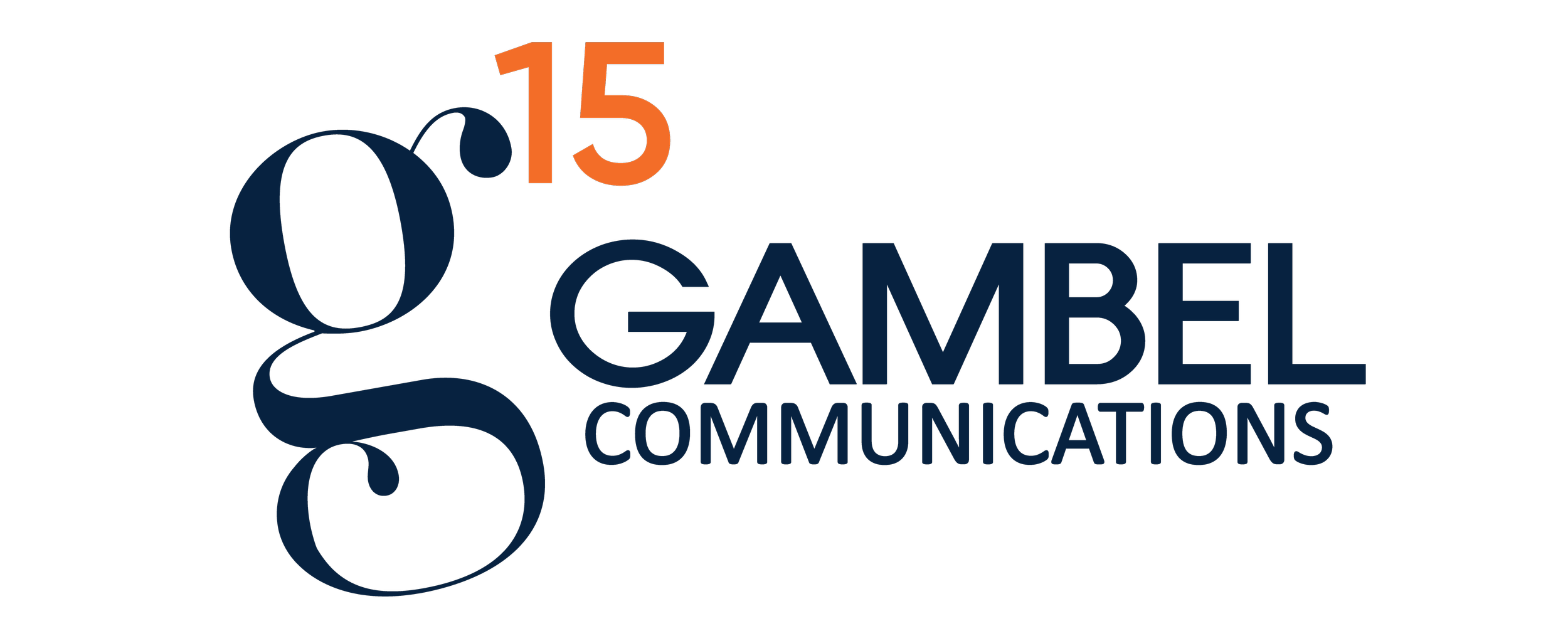New Orleans BioInnovation Wraps Webinar Series on Funding for Biotech
NEW ORLEANS — The New Orleans BioInnovation Center (NOBIC), in conjunction with a collaborative of partner accelerators, launched a series of six panel discussions called Bench to BARDA focused on how innovators can take their solutions from the benchtop to the Biomedical Advanced Research & Development Authority (BARDA) The series took place June 14-July 1.
BARDA is an entity within the Department of Health & Human Services that advances innovations tackling some of our nation’s greatest health security threats. NOBIC is one of 13 incubators and accelerators across the U.S. that has partnered with BARDA to help provide crucial resources to early-stage innovators. The Bench to BARDA series was a collaborative effort between incubators and accelerators who are partnered with them through their Division of Research, Innovation & Ventures (DRIVe.) The program was aimed at educating biotech, life sciences and health security startups on how they can enter the pipeline to the BARDA portfolio, opening up funding opportunities.
NOBIC’s BARDA DRIVe Innovation program manager, Dr. Ha’reanna Campbell, was one of the primary leads on the collaboration, also hosting and participating in a number of the panels.
“We hope attendees walked away with a better understanding of what opportunities are right for them given their technology readiness level, where and when to engage with the right governmental partners, and how to obtain funding at all stages of development,” said Dr. Campbell. “While this program was national it can generate an economic impact here in South Louisiana (at NOBIC) where we are primed to be the next robust health sciences and biotechnology hub as part of the Gulf Coast Health Sciences Corridor.”
The goal of this series was to provide startups with insight into the resources available to them throughout their commercialization journey. In NOBIC lead Panel Discussion 4, How can early-stage companies work with BARDA, experts with specific backgrounds provided an overview of key resources available to innovators to help fund and advance their solution from early stages of development through late stages, as well as provide guidance on how to navigate the funding opportunities within BARDA and the BARDA DRIVe. AIDAR Health & Advanced Animal Diagnostics, two BARDA-funded awardees, explained what their experience working with BARDA was like and the kind of support they received outside of the funding.
The series was a collaboration between the New Orleans BioInnovation Center, Biolicity, First Flight Venture Center, Purdue University, New York State Center for Biotechnology, UMASS M2D2, University City Science Center and University of Missouri.
For more information about the New Orleans BioInnovation Center, visit NOBIC’s website: neworleansbio.com. For more information about BARDA, visit their webpage on the U.S. Department of Health & Human Services website here.
###
About NOBIC: The New Orleans BioInnovation Center is a private, not-for-profit business incubator, supporting entrepreneurship and dedicated to the development of bioscience innovation throughout Louisiana. The Center works directly with entrepreneurs and researchers to commercialize new technologies spinning out of Louisiana universities and health care institutions, as well as those developed by independent innovators, to start and scale new globally competitive life science companies. More info: www.neworleansbio.com/impact
About BARDA: The Biomedical Advanced Research and Development Authority (BARDA) provides an integrated, systematic approach to the development of the necessary vaccines, drugs, therapies and diagnostic tools for public health medical emergencies such as chemical, biological, radiological and nuclear (CBRN) accidents, incidents and attacks; pandemic influenza (PI), and emerging infectious diseases (EID). Together with its industry partners, BARDA promotes the advanced development of medical countermeasures to protect Americans and respond to 21st century health security threats.
